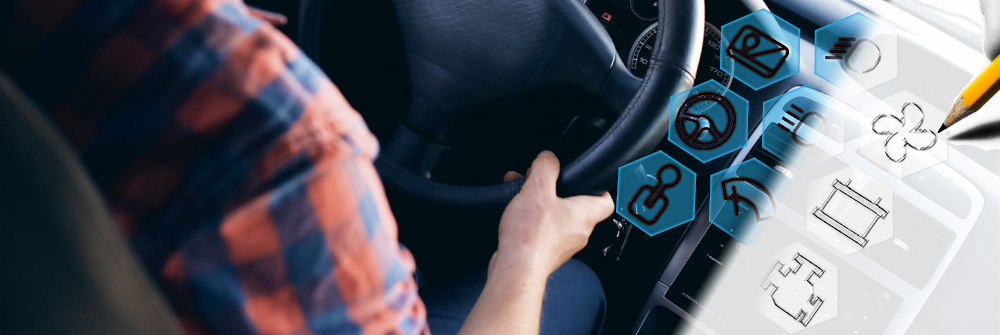Lecturer
Markus Funk, Cerence GmbH

Useful previously acquired knowledge: Basic knowledge of human-computer interaction and the development of interactive user interfaces are an advantage. The relevant fundamentals will be recapitulated briefly for transversers.
Regular cycle: infrequent
Markus Funk, Cerence GmbH
Lecture
Monday, 08:30 - 10:00
(hybrid) H20
Exercise
Friday, 12:15 - 14:00
(in presence) H21
Exam: tba
Computer Sciences
Media Informatics
Software Engineering
CSE (PO 2019)
(74242/14242)
Management and Economics
(74279/14279)